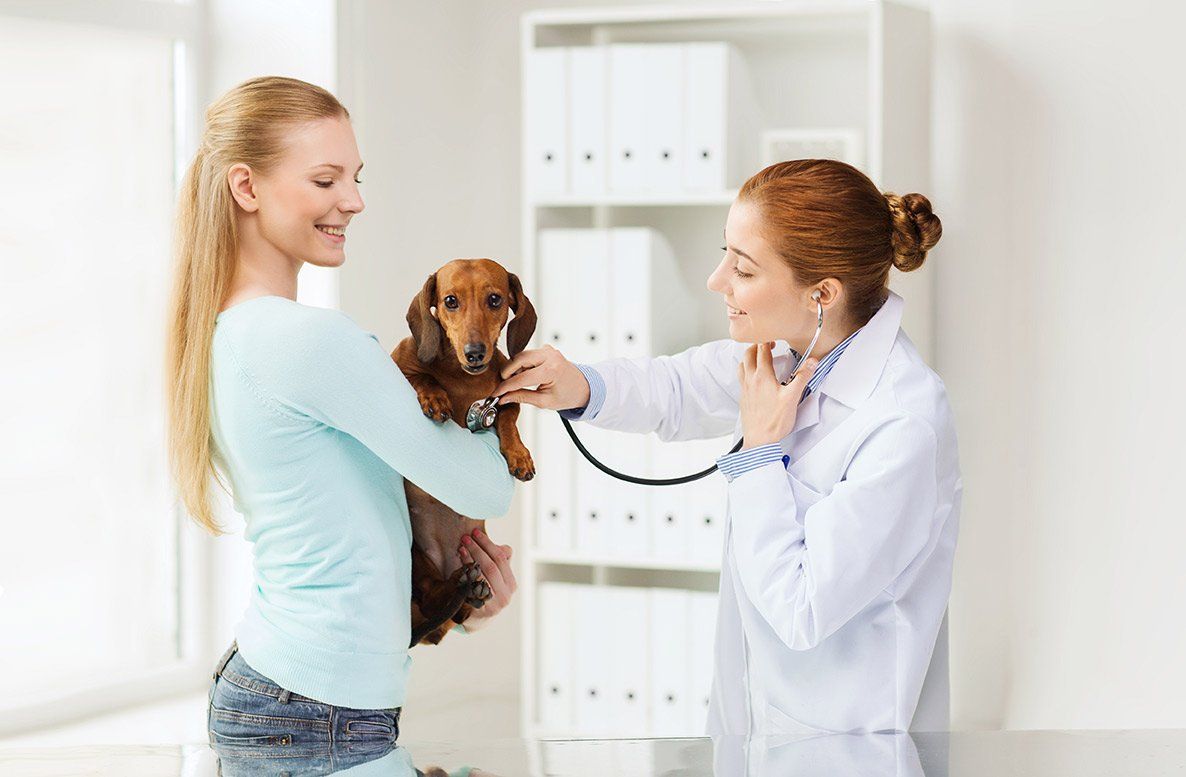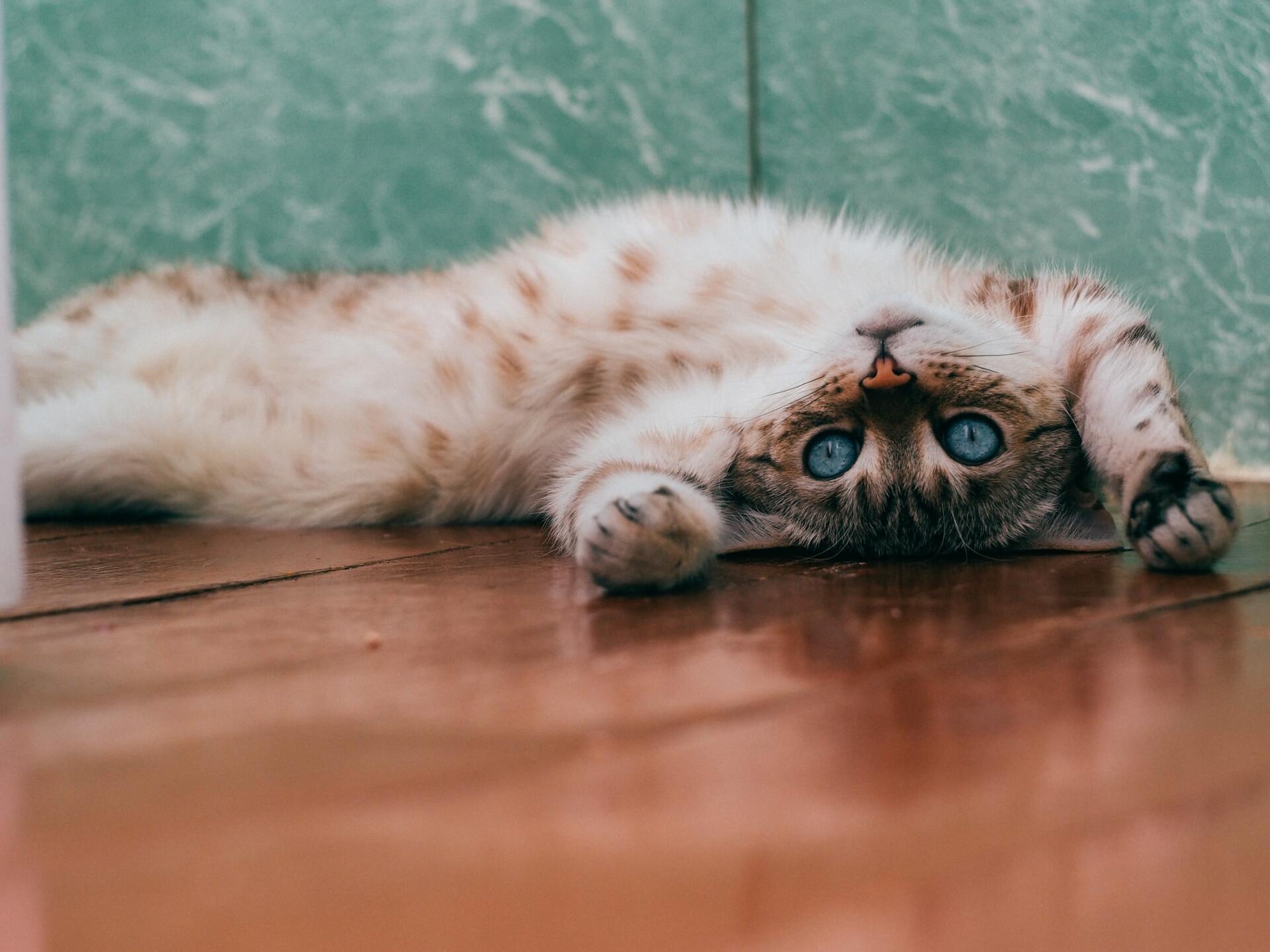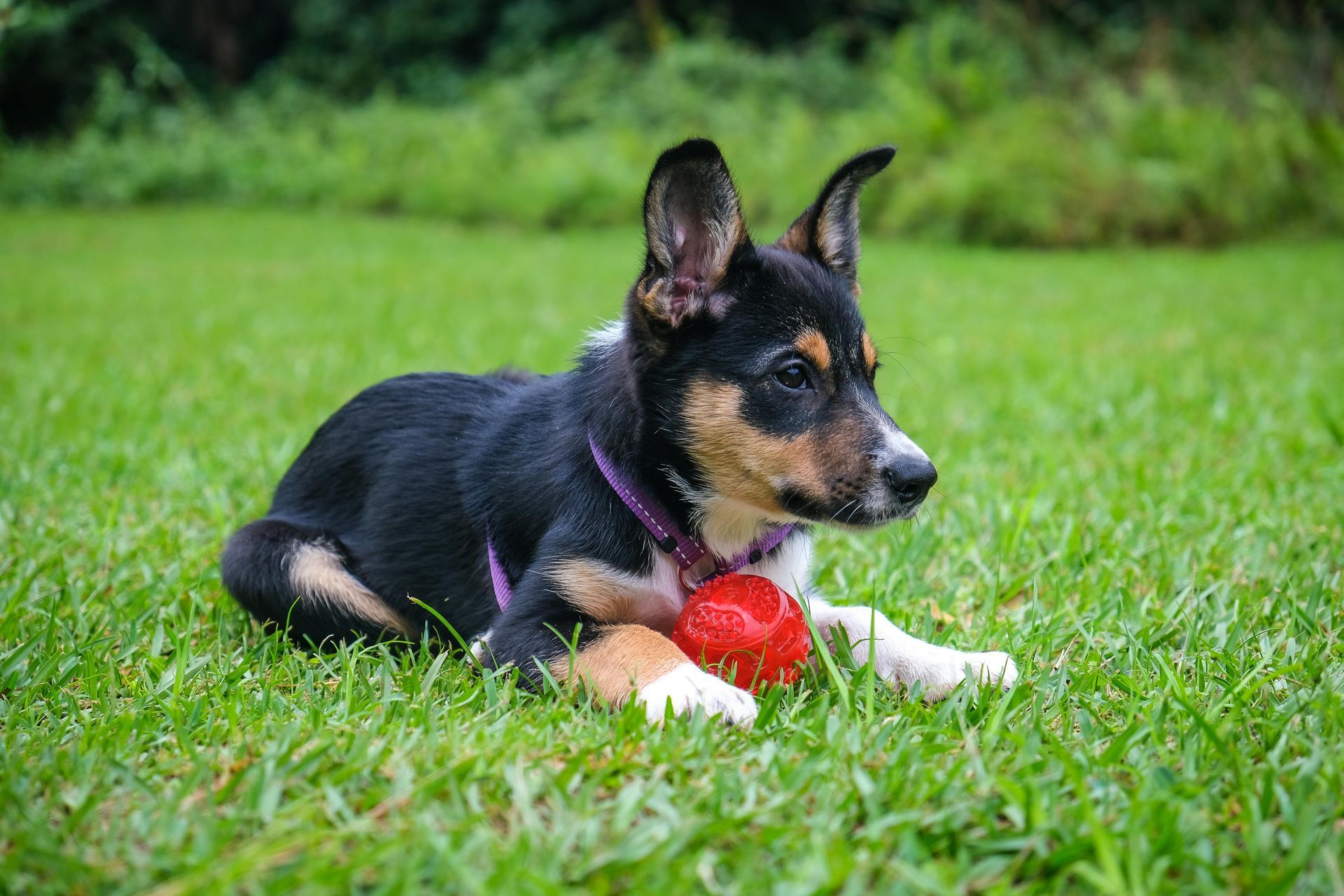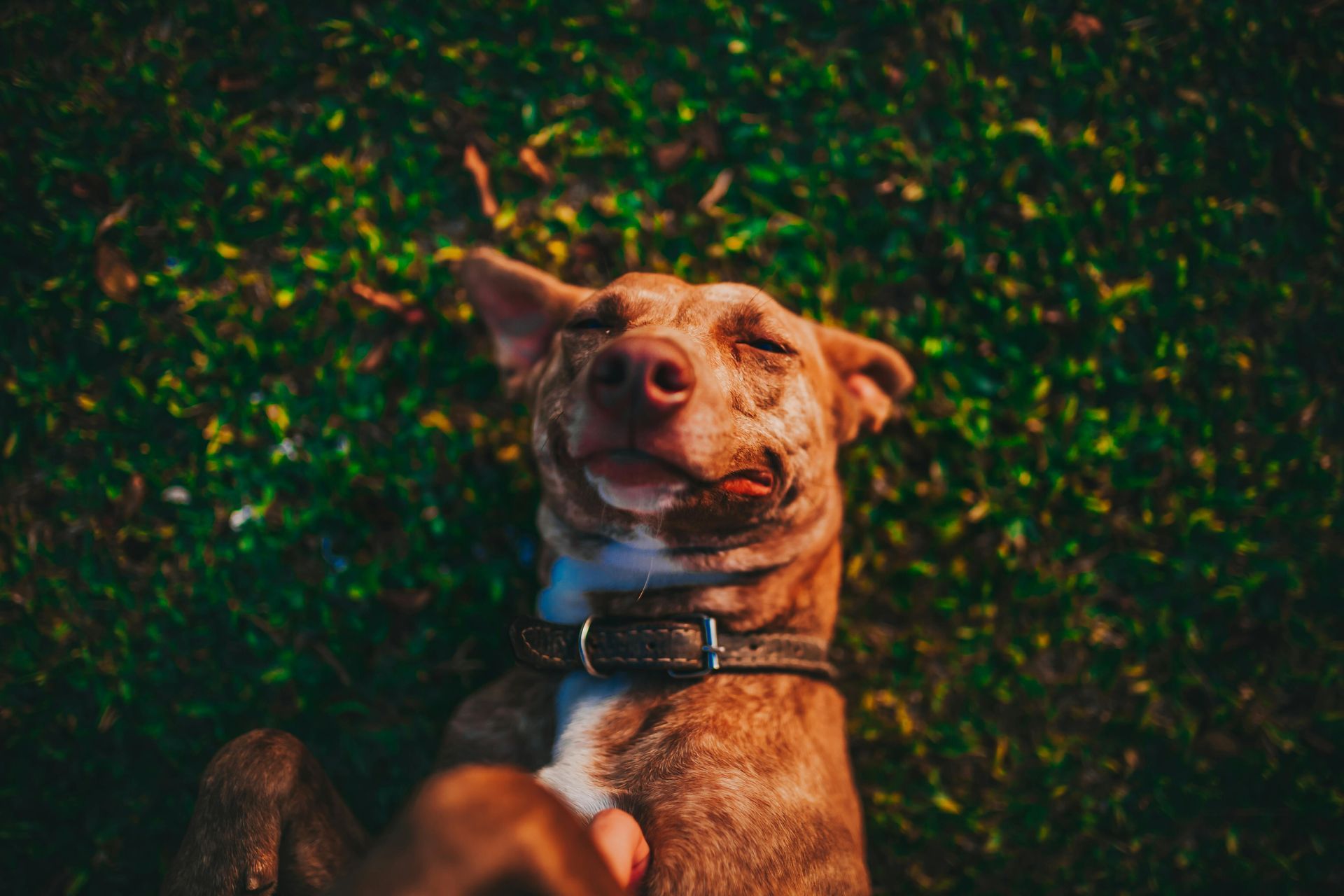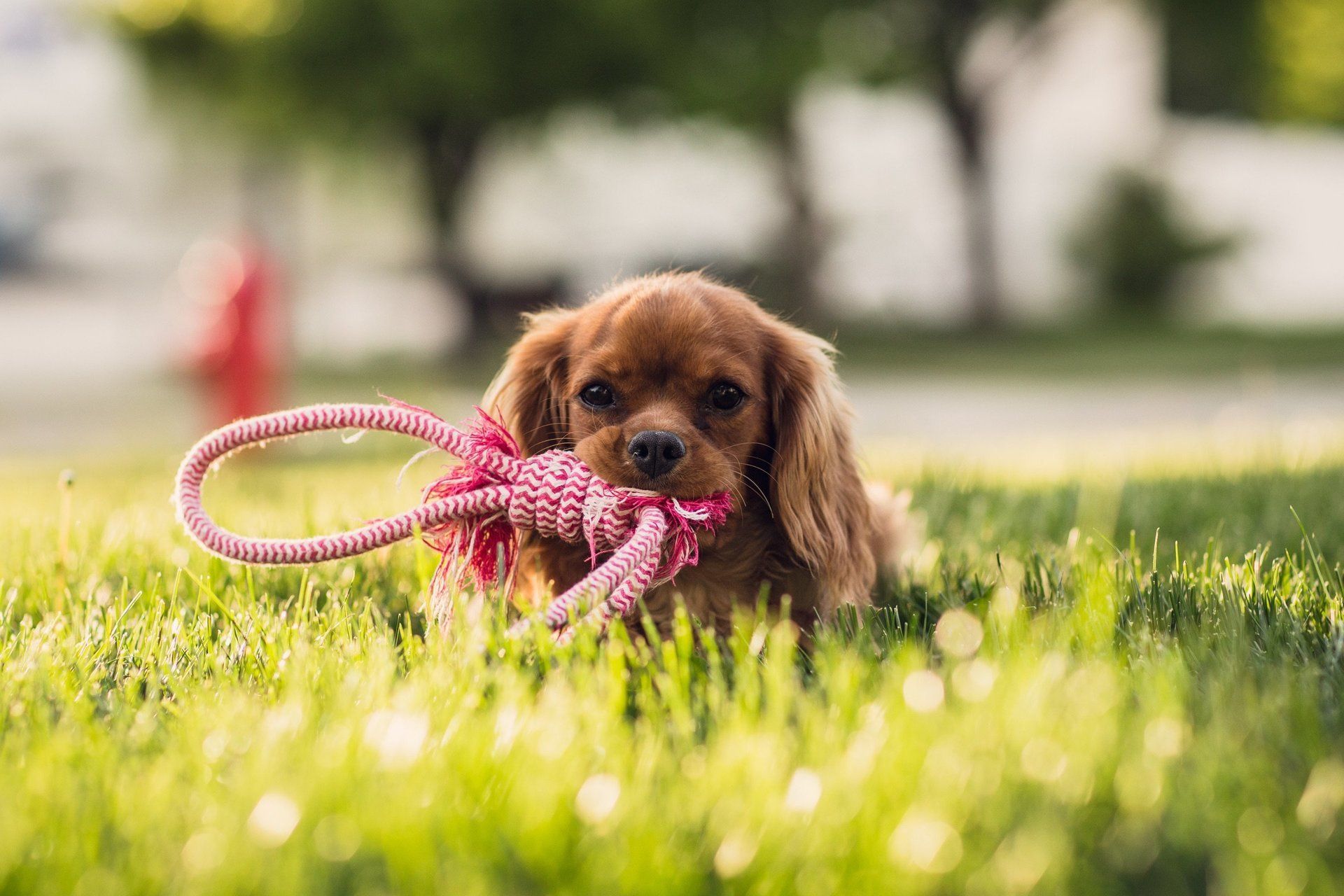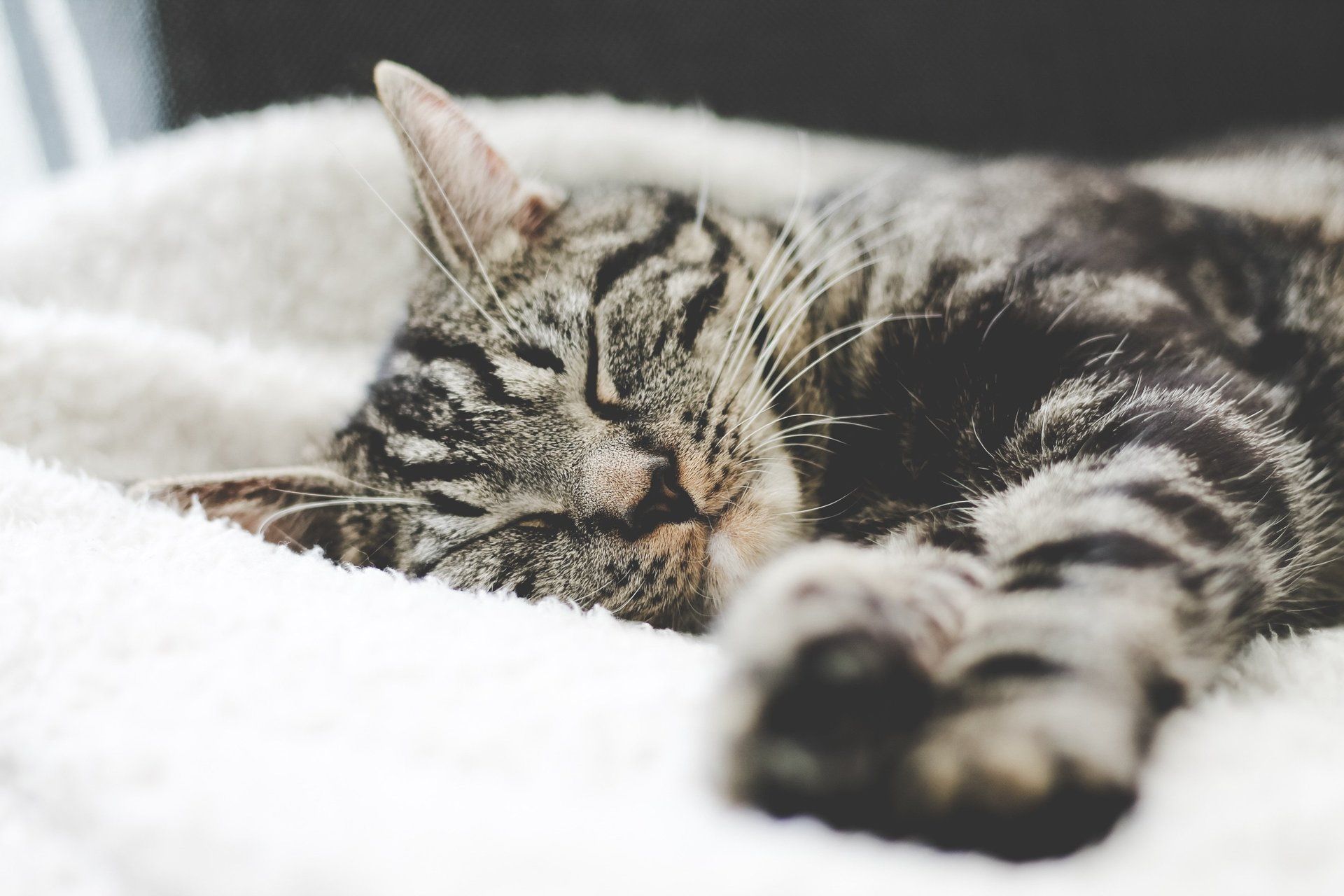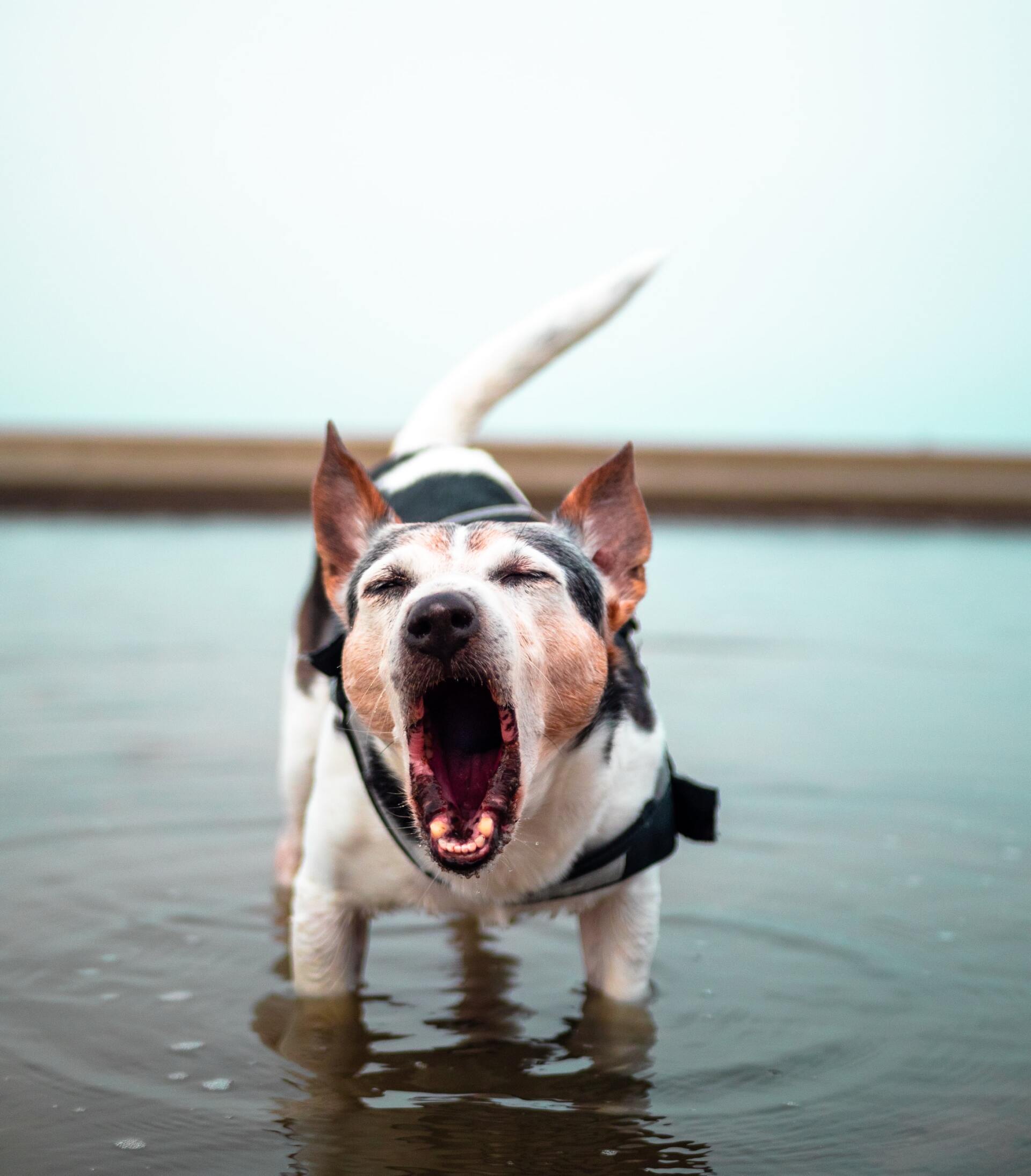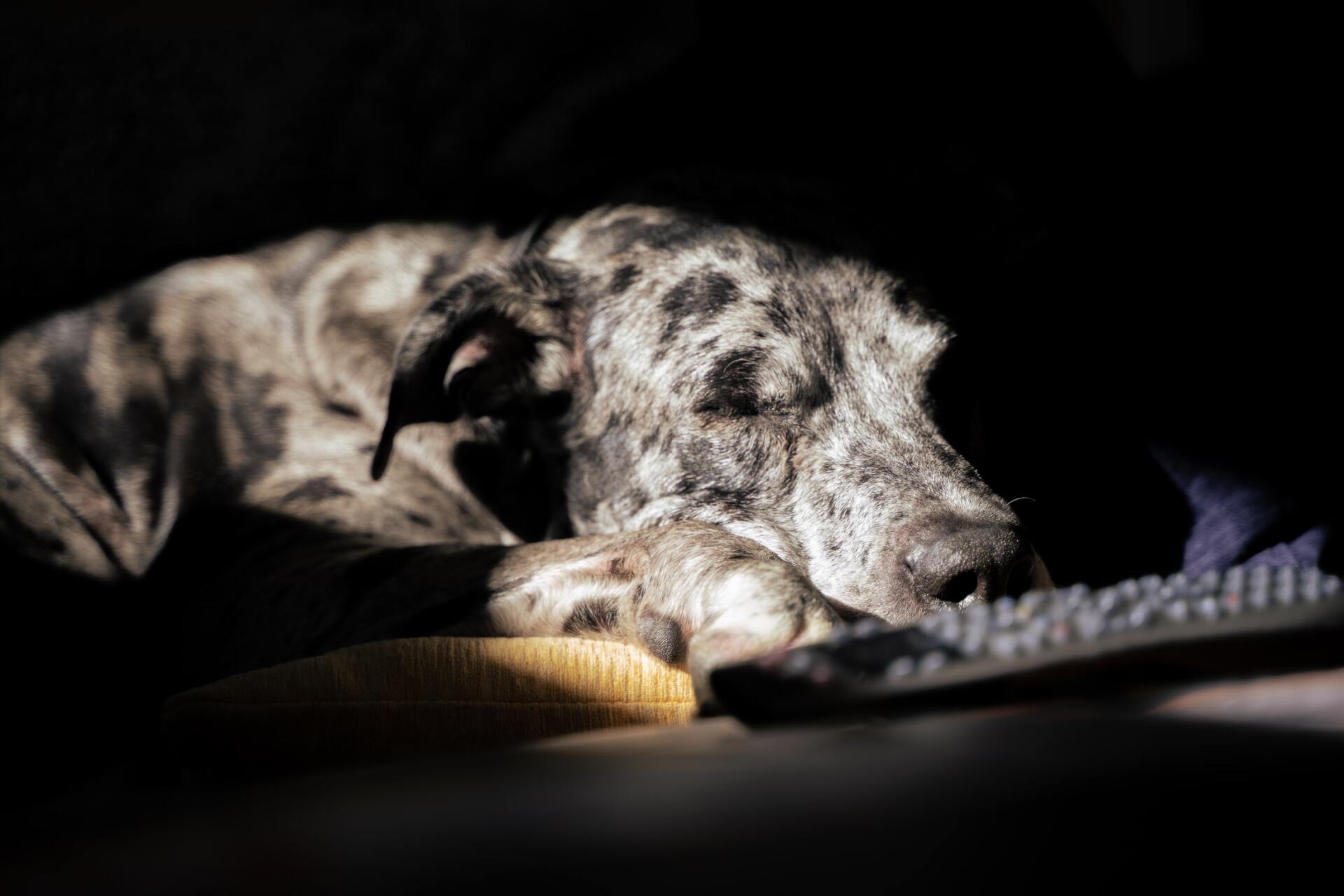Common Toxic Flowers and Plants for Cats and Dogs

Your vibrant garden could hold unseen dangers for your furry friends. Many flowers and plants that beautify our homes are toxic to cats and dogs, posing risks ranging from mild discomfort to severe health issues. At Briarcrest Veterinary Clinic, we’re committed to keeping your pets safe and healthy. Understanding which plants to avoid can make a world of difference in protecting your companion animals.
Plants & Flowers Harmful to Pets
Here is a list of common toxic plants and flowers to keep out of reach of your pets, along with the potential health impacts if ingested:
Flowering Plants
- Lilies (all varieties, including Easter lilies and tiger lilies): Extremely toxic to cats, causing kidney failure. Symptoms include vomiting, lethargy, and loss of appetite.
- Tulips and Hyacinths: The bulbs are particularly harmful, causing vomiting, diarrhea, and drooling.
- Cyclamen: Can lead to severe vomiting, heart rhythm abnormalities, and even death if large quantities are ingested.
Houseplants
- Pothos (Devil’s Ivy): Chewing on this common houseplant can irritate dogs’ and cats’ mouths, leading to drooling, swelling, and difficulty swallowing.
- Dieffenbachia (Dumb Cane): A favorite in homes, ingestion causes severe oral irritation, vomiting, and difficulty breathing.
- Aloe Vera: Though useful for humans, it can cause vomiting, diarrhea, and lethargy in dogs and cats.
Outdoor Plants
- Sago Palm: Contains a toxin that causes liver failure in dogs and cats. Symptoms include vomiting, diarrhea, and seizures.
- Oleander: Every part of this plant is toxic and can cause severe heart issues, tremors, and even death.
- Autumn Crocus: This plant can lead to vomiting, diarrhea, multi-organ failure, and respiratory distress, particularly in cats.
Understanding the potential dangers is the first step toward safeguarding your pets. Keep toxic plants out of reach and educate your household about the risks. If you suspect your pet has eaten a harmful plant, don’t wait for symptoms to worsen. Immediate action can save lives.
At Briarcrest Veterinary Clinic, we are here to help you keep your pets safe and healthy. If you have concerns or suspect your pet has ingested a toxic plant, contact us immediately for experienced veterinary care. Our compassionate team is equipped with the knowledge, tools, and resources to provide the best care for your four-legged family members. Contact us today to schedule an appointment. We proudly serve Brenham, Bryan, Caldwell, Chappell Hill, College Station, Hearne, Hempstead, Madisonville, Navasota, Waller, TX, and the surrounding areas.
